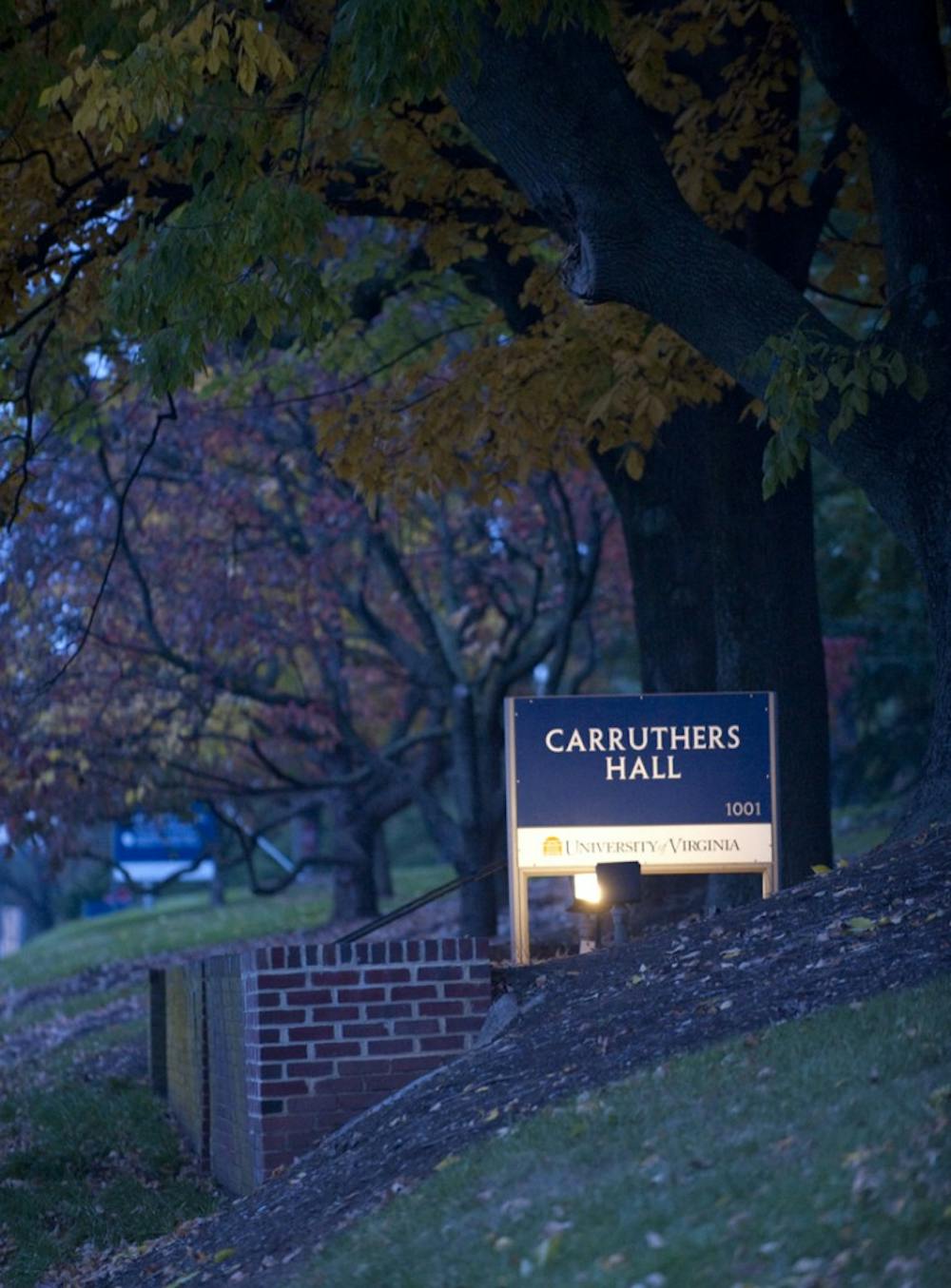A recent paper released by a University of Richmond associate professor concluded media coverage and recent education policy proposals miss the larger picture of rising college costs. To truly mitigate these price increases and the ensuing student debt, schools need to review their admissions and financial aid policies, he concluded.
Assoc. Economics Prof. James Monks’ report finds need-blind policies protect lower income applicants, but these students often end up graduating with more debt because of loans they take out to cover costs of living.
The University has such a need-blind admission process.
AccessUVa, the University’s financial aid program, has a policy of meeting 100 percent of a student’s demonstrated need without forcing “high-need” students to accept loans as part of their financial aid package. For those students not classified as “high-need,” AccessUVa will cap their loans at the cost of one year’s tuition.
But these policies do not control the actions of individual families who may choose to incur additional debt via personal loans.
No-loan policies, the paper finds, provide the best possibility for students to graduate with no debt, but in Monks’ sample, only private institutions were able to offer such a policy.
“In general, reports like this discuss broad trends that are not necessarily reflective of any single institution,” said Marian Anderfuren, the University’s director of media relations, in an email. “U.Va. is recognized consistently by Forbes and Kiplinger’s for providing a world-class education for a relatively low cost, and for holding down student debt.”
The Board of Visitors is currently reviewing AccessUVa’s policies, given the financial strain that could be placed on the University if the number of students requiring financial aid continues to rise while federal support wavers, Anderfuren said.
AccessUVa focuses on fundraising to fully meet its guarantees, but it also draws from tuition funds and takes payouts from the University’s endowment.
At the Board’s retreat in August, Dean of Admissions Greg Roberts delivered a report suggesting the University look to other institutions for inspiration. Potential alternatives to AccessUVa include need-aware and merit-aid policies to better compete for highly-sought students. In the report, Roberts acknowledged such a change might affect the University’s reputation for treating all students equally.







